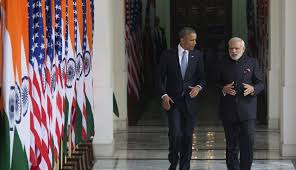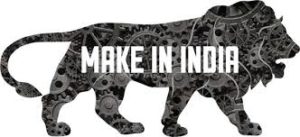
A recent clarification by the government has created a stir among some multinationals which are concerned that their Indian entities might be taxed even in case of a global merger and acquisition with another global company.
More so, the worry is in case of multinationals that hold intangible assets in India, either through research and development centres, or are engaged in businesses where it is tough to value assets.
This is mainly because tax component, if at all, would be decided on valuation of the Indian entity, and whether valuation (Indian entity) accounts for more than half the holding entity outside India. This comes in the wake of the Central Board of Direct Taxes (CBDT) announcing rules for determining fair market value in case of indirect transfer of shares of an Indian entity. Rules specify a method for determination of “fair market value” of foreign target company shares and Indian company shares. In case of an indirect transfer of shares or transaction, if the value of Indian assets is more than 50% of the foreign target company, this could lead to taxation in India.
So if an US-headquartered company invests in India through a Mauritius company and at any point in time there’s a change in ownership, the tax could be applied. The tax would be triggered in India if the ownership of the Mauritius company is changed, and if more than 50% of the total assets of this company (Mauritius company) are in India.
“If a multinational has a presence in India through an intermediate holding vehicle in a third country, and if there is an M&A deal at the intermediate holding entity level, the Indian entity can attract taxation in India,” said Amit Singhania, Partner at Shardul Amarchand Mangaldas.
“While the 50% rule applies, valuing the Indian assets, particularly the right of management or control in an unlisted Indian company would be challenging,” Singhania said.
Many multinationals are now rushing to their Indian tax consultants to find out which transactions could attract tax here. “Many multinationals that have a presence in India through Mauritius could face some tax in India even if there is an offshore M&A deal, especially where the seller is based in a country whose treaty does not exempt capital gains tax in India,” said Rajesh H Gandhi, partner, tax, Deloitte Haskins and Sells.
“However, more importantly, it could be challenging to identify and value some of the assets and determine the place where they are situated. This would be more relevant for assets like human resources, contractual rights and intangibles such as mobile applications, results of R&D or patents developed in India but registered elsewhere,” said Gandhi.
Industry trackers say that in case of an M&A at an international level, the shares of holding companies are transferred or merged, which is where the problem lies. Many experts also point out that information and documentation required to ascertain the valuation of Indian as well as an intermediary is not just complicated but tough to come by in many cases.
“If so, income tax would assume the Indian entity’s valuation is more than 50% of the holding entity,” said a consultant currently advising such a client. Experts point out that patents held by the Indian company, and some other assets too have to be valued. Not only valuing these intangible assets could have different views, in some cases, these patents or other intangible assets are developed in India but sit on the balance sheet of other group companies outside India.
Source: http://economictimes.indiatimes.com/articleshow/52474147.cms






